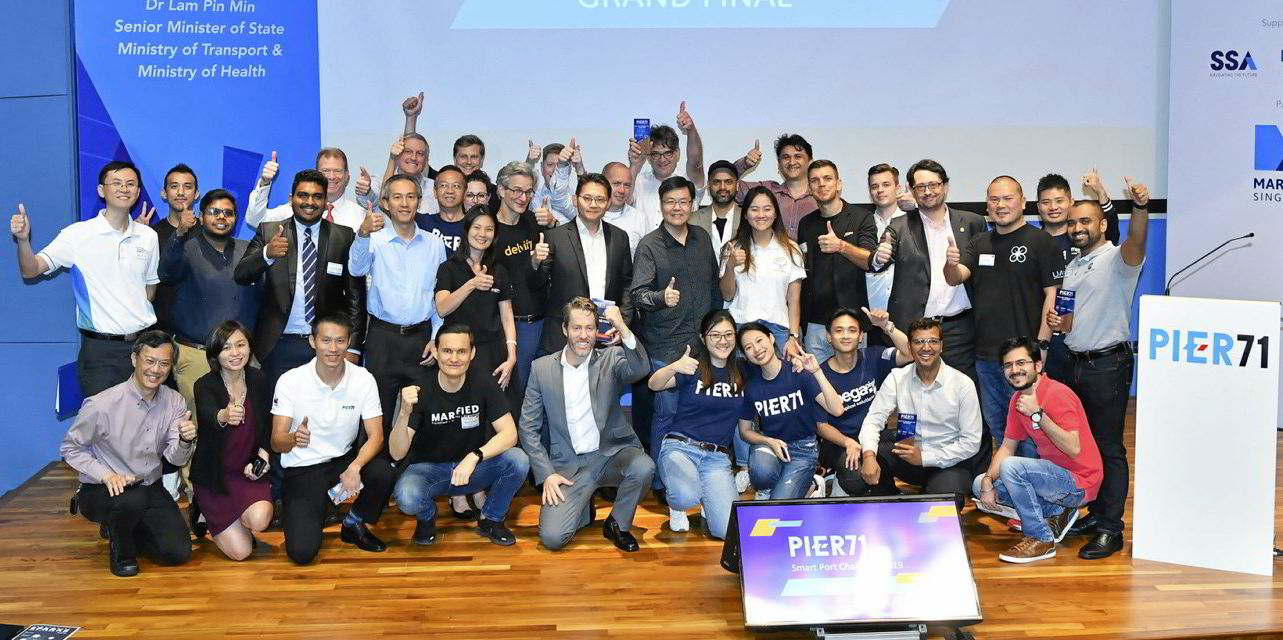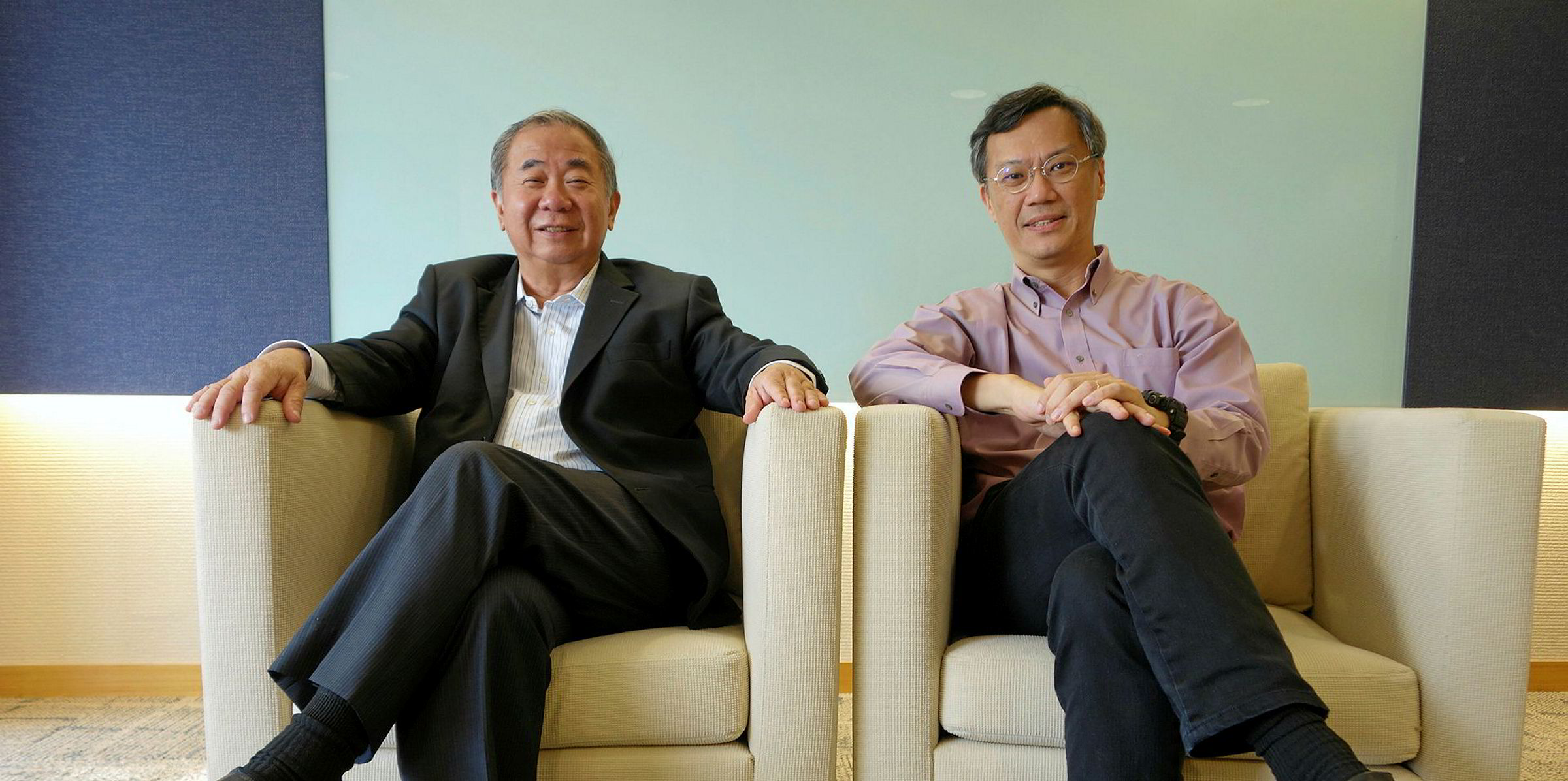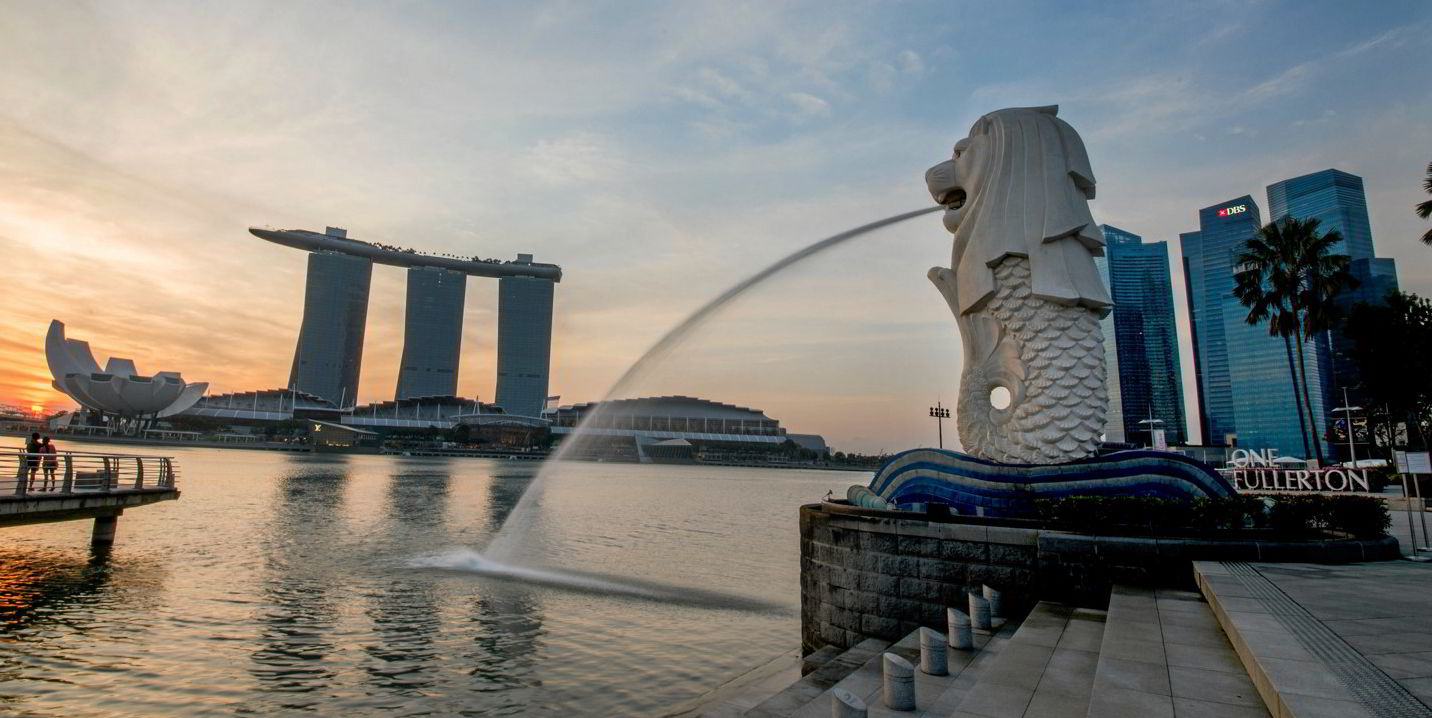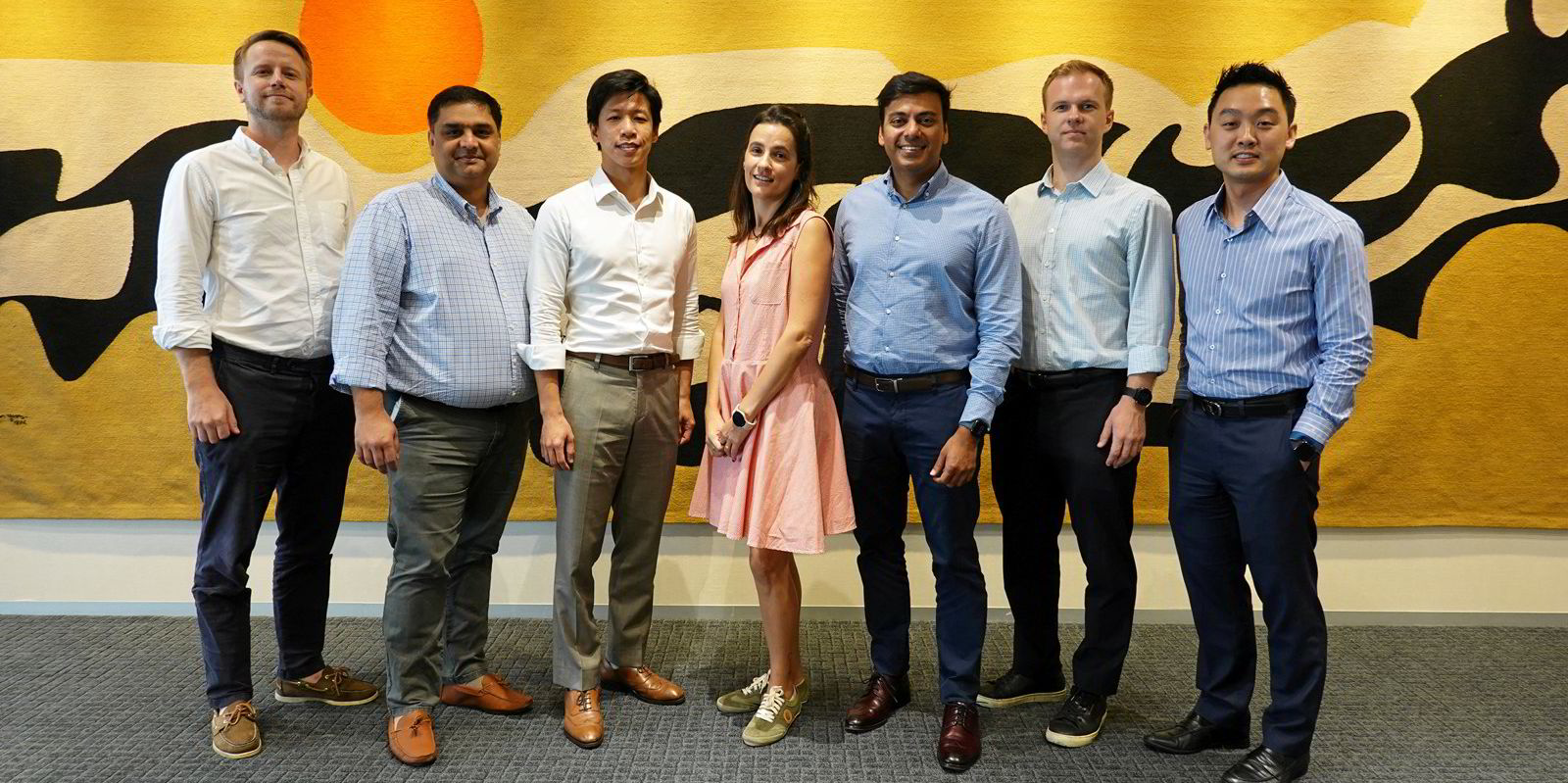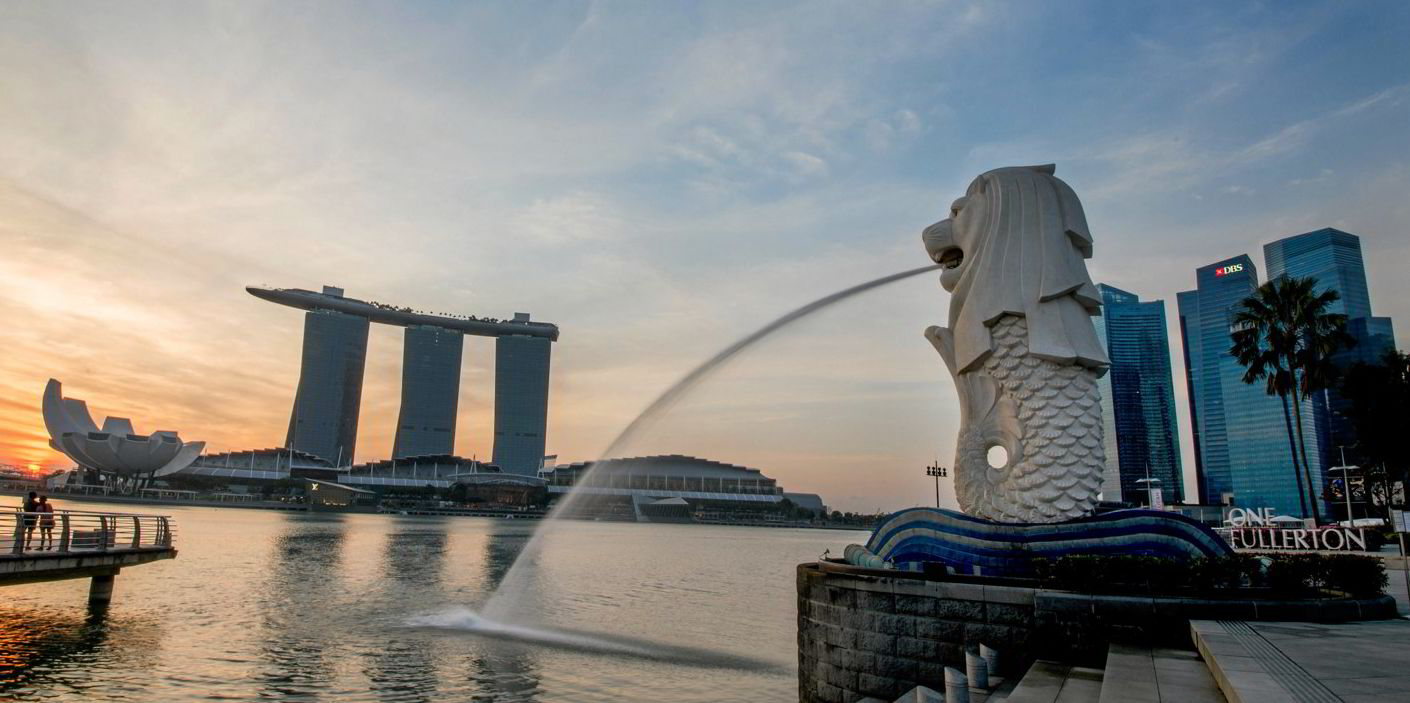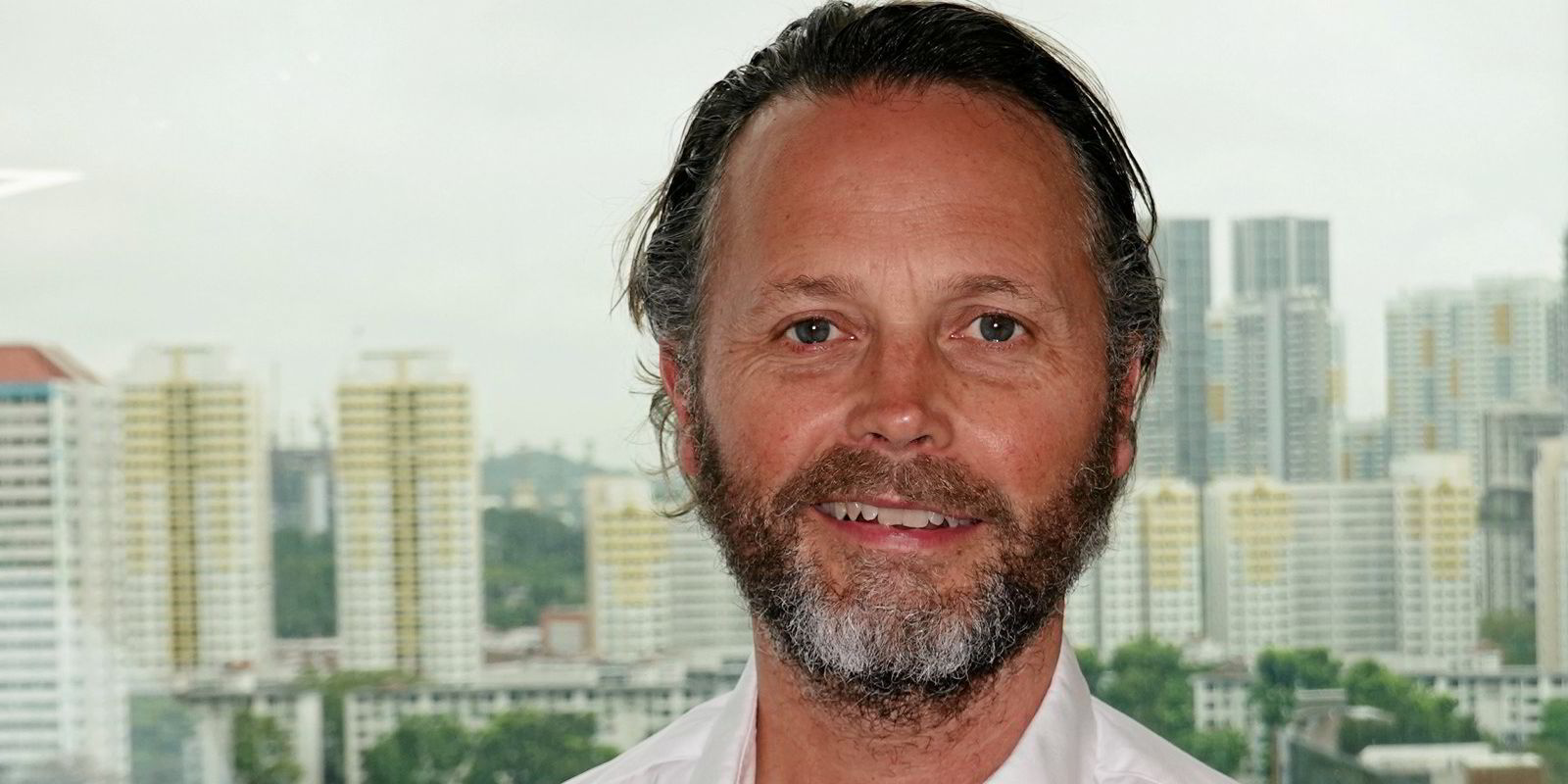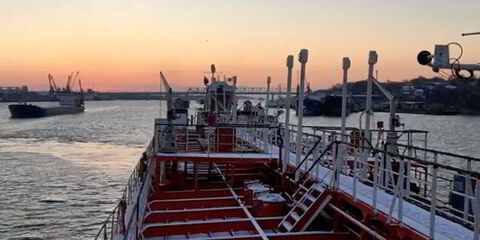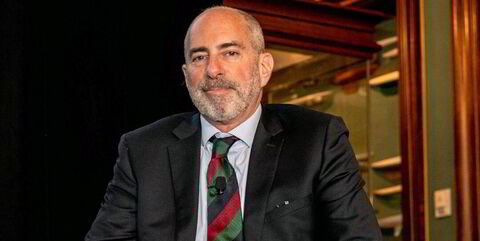Incubators, accelerators and venture studios are vital to Singapore’s maritime innovation ecosystem, serving as catalysts for the growth of maritime tech start-ups by providing crucial support, resources and access to expertise.
Pre-idea founders and start-ups in the city-state have access to a diverse array of such programmes to explore and leverage.
One of the primary benefits they offer start-ups is access to a network of industry experts, mentors and investors. This network can provide invaluable guidance and connections, helping start-ups navigate the complexities of the maritime sector and overcome challenges.
They provide customised, all-encompassing programmes featuring mentorship sessions, workshops and avenues for accessing funding. Engaging in these initiatives enables start-ups to polish their business models, cultivate viable products and optimise their market entry strategies.
Funding is another significant aspect of the support provided. Many start-ups face difficulties in securing initial capital, especially in industries such as maritime technology where development costs can be high.
The programmes often offer seed funding or facilitate connections with investors who are interested in backing promising maritime tech ventures.
The number of such programmes available in Singapore has been growing in recent years. They vary from public-private partnerships such as Port Innovation Ecosystem Ecosystem Reimagined @ Block71 (PIER71) to corporate partnerships such as Studio 30 50 Maritime Venture Studio, to programmes run directly by individual companies.
Contrasting models
PIER71, perhaps best known in Singapore because of its annual Smart Port Challenge, launched in 2018 as a strategic collaboration between the Maritime & Port Authority of Singapore (MPA) and the National University of Singapore (NUS) through its entrepreneurial arm NUS Enterprise.
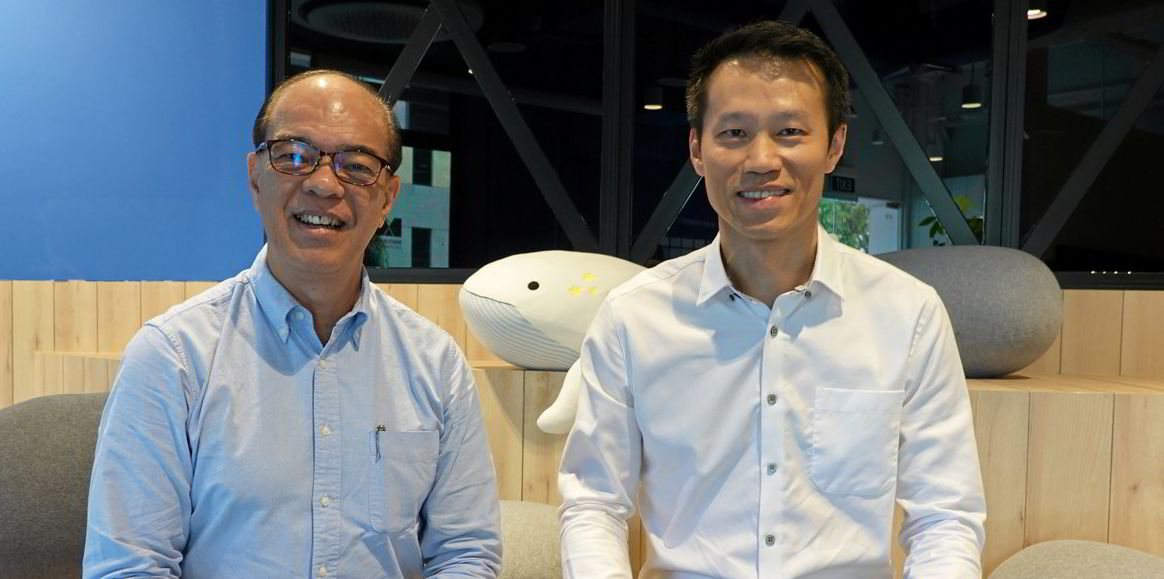
While PIER71 is presented as an accelerator, its emphasis lies on companies with products nearly ready for market launch. Brian Koh, director of NUS Enterprise, and Thomas Ting, director of technology and innovation/chief digital officer at the MPA, told TradeWinds that over the years, the distinction between incubators and accelerators has become increasingly blurred.
PIER71 has garnered over 1,000 applications across its diverse Smart Port Challenge competitions, inviting participants to devise solutions for questions presented by the programme’s shipping industry collaborators.
Over 110 participants were selected and so far four have proven successful enough to be bought out.
“If we measure it from a different dimension, of the more than 110 that we have grown and nurtured over the past six years, the majority of them are still around and faring on their own,” said Ting.
“In terms of investments that were attracted, at least those that we are aware of, SGD 68m [$50m] in venture capital funding has gotten to some of these start-ups, but, of course, we don’t track all the investments. This is just what we are aware of,” he added.
Around 50 solutions that came through PIER71, roughly half, have already deployed into the industry and attracted customers.
Koh argues that programmes such as PIER71 and other incubators are very helpful from an industry perspective because while there is a technology ecosystem at large, there is now an ecosystem that focuses on the shipping industry itself.
“Your maritime investors will only want to invest in the companies related to this space. They would not look at something else — health for example — unless it’s cross-industry,” he said.
“The changes we have seen — in the sense maybe we have the advantage of starting this early — is that years ago we saw everyone looking at start-up innovation in a broader sense. Now we are starting to see focus industries being developed.”
In contrast, Studio 30 50 Maritime Venture Studio, set up just over a year ago, refers to itself as a new maritime venture model because it does not run one-off programmes like incubators and accelerators. Instead, it runs intakes of cohorts for “sprints” that include both pre-idea founders and early-stage start-ups and offers support for the entire venture life cycle.
Led by Hafnia, alongside founding partners Wilhelmsen, IMC Ventures and DNV, Studio 30 50 endeavours to pioneer innovative solutions addressing various maritime sustainability challenges. Additionally, it aims to nurture inventive start-up concepts geared towards enhancing productivity across the shipping supply chain.
Studio 30 50 offers founder-friendly terms, with no programme fees and reduced equity commitments each time the founder returns to the venture studio.
The studio has successfully run two rounds, working with 19 pre-idea founders and six start-ups, and has recently launched its third round.
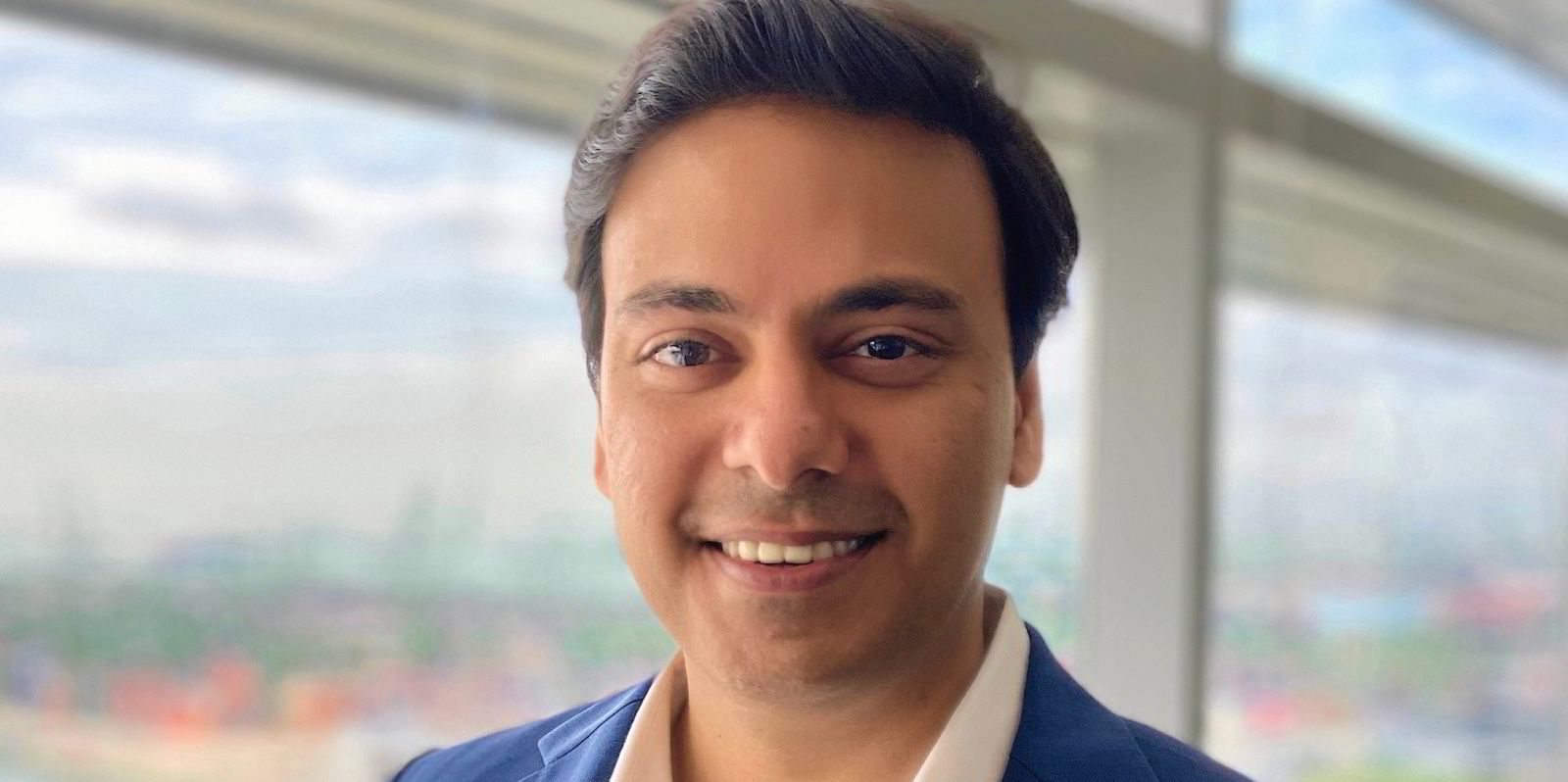
Shanker Pillai, Hafnia’s head of innovation and change who is leading Studio 30 50, said that one company emerged out of the first batch of cohorts, while another from that batch is in the process of becoming a company.
For most of the other cohorts who took part in the first two rounds, the process is still a work in progress.
Pillai said it is too early to determine the investor response to the first two rounds.
“We can say that there are at least two start-ups who have gotten multiple offers from the studio and its entire ecosystem partners,” Pillai said.
Innovation exchanges
Incubator, accelerator and venture programmes have the added advantage of facilitating innovation exchanges around the world, which is proving especially beneficial to Singapore.
When PIER71 kicked off in 2018, the majority of applications were from Singapore start-ups. But, over the years, the programme has attracted applications from start-ups in many more countries.
For the 2023 cohort, the most recent, around 60% of applications came from start-ups in 30 countries around the world. The founding partner representatives attribute this to PIER71 building a good brand name, and the setting up of satellite offices in the Asia-Pacific region to attract more clients.
Studio 30 50 has targeted an international audience since its inception and is broadening its geographic footprint by expanding its horizons.
When it launched its third sprint in March, it did not do it in Singapore, it did it in Copenhagen in a move to broaden its reach and partnership ecosystem.
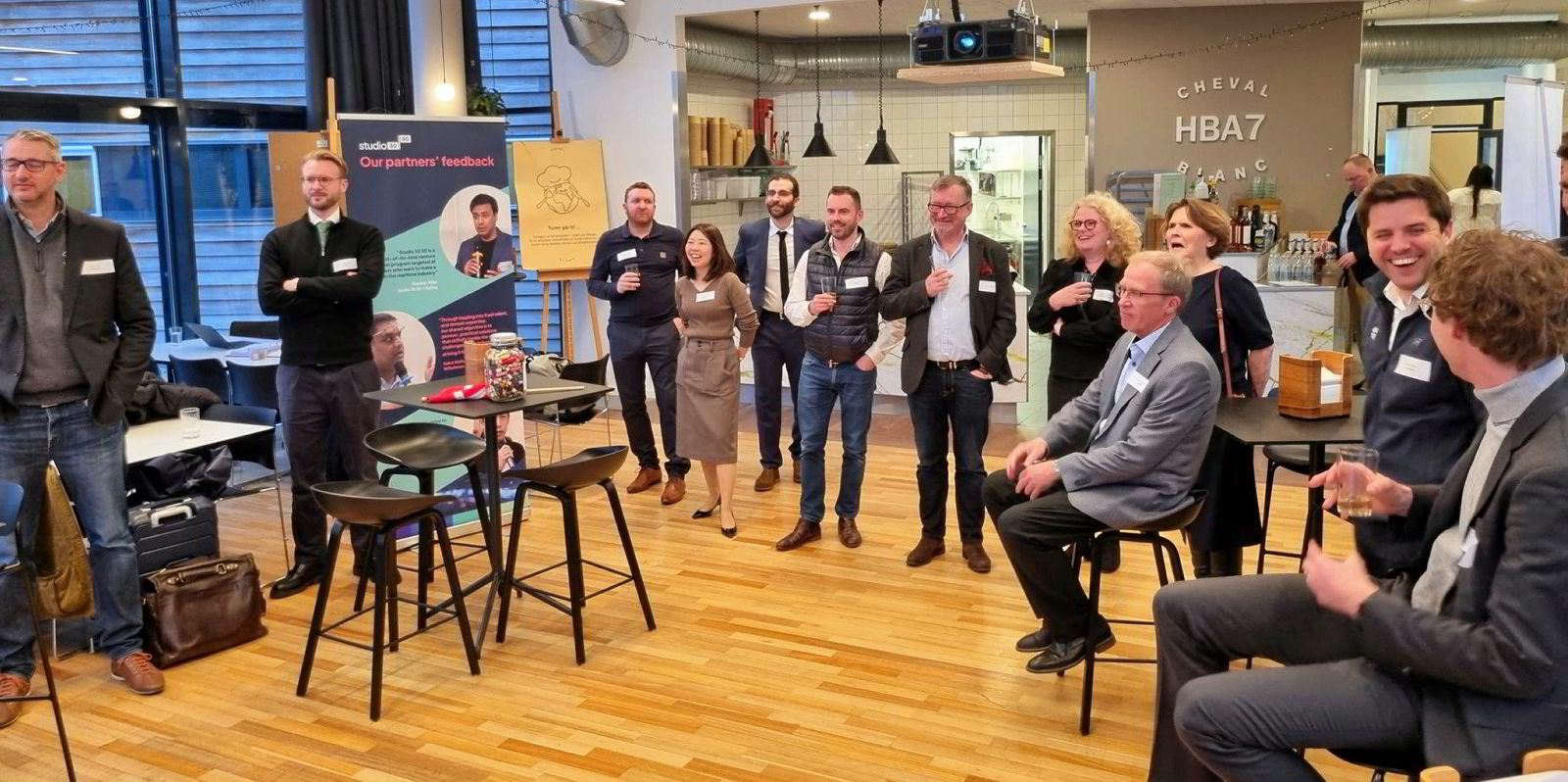
“We chose Copenhagen as our European centre due to the city’s thriving maritime sector and a vibrant start-up and support ecosystem. We feel that founders in Europe will benefit from an ecosystem such as this, and we plan to leverage it by offering a full life-cycle venture studio, where founders can progress through the early stages of building a company faster and efficiently,” said Pillai.
PIER71 intends to remain seated solely in Singapore.
“Knowledge and innovation are key in the maritime industry, so bringing in talent and entrepreneurs then becomes very critical to the survival of Singapore’s maritime sector,” said Ting.
“We want to help the maritime companies based in Singapore to transform, and you need the talent, you need the technology, introducing them to innovation which I think for many would not be at the top of their mind, especially small to medium size enterprises.”
As for foreign start-ups tapping programmes in Singapore, Koh said PIER71 wants to facilitate connections with “awesome companies” in the city-state to accelerate innovation by collectively discovering solutions through partnerships.
“A key aspect for our incumbent companies is how we are going to bring in new entrants to make the industry more vibrant. How we inject new entrants into the ecosystem is by bringing in other adjacent sectors. These tech companies and entrepreneurs can become our future maritime companies here, ones that are driven by technology.”
Koh also notes that while a lot of the focus is on creating business opportunities and investment in Singapore, there is also an outbound agenda, which is to help successful Singaporean start-ups looking to internationalise.
“Singapore itself is not a huge market. Our start-ups, at some point after they have successfully developed and piloted their product, have to look at the regional markets and markets around the world,” he said.
